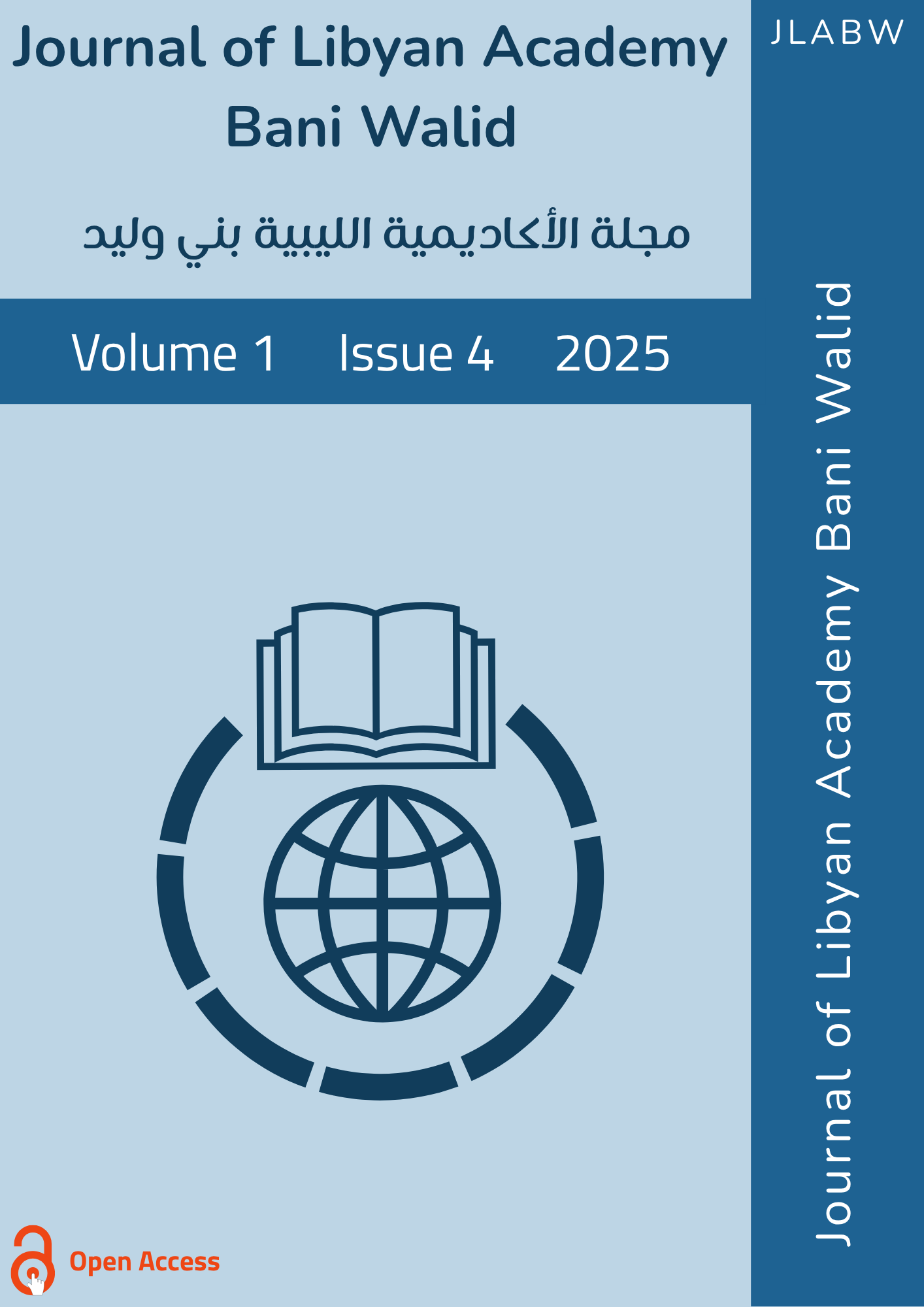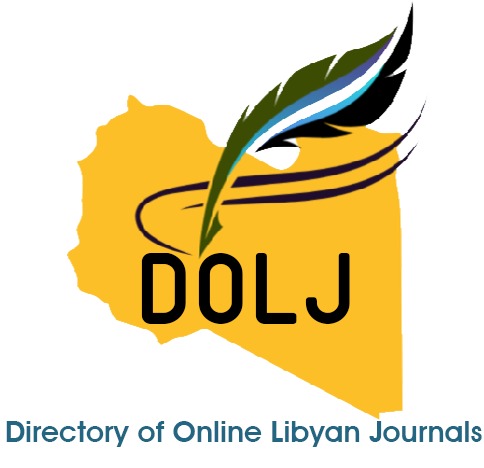تعدد سلطات التحقيق الجنائي في التشريع الليبي
DOI:
https://doi.org/10.61952/jlabw.v1i4.242الكلمات المفتاحية:
تعدد سلطة التحقيق والاتهام، مبدأ التوازن بين المصلحتين، آثار التعدد على المصلحة العامة والخاصةالملخص
لا ريب أن التحقيق الابتدائي له أهمية على الصعيد العملي لا يمكن إنكارها، وتبرز أهميته في أنه من شأنه أن يخول سلطة التحقيق، على ضوء ما جاء فيه، التصرف في الدعوى، وبالتالي له دور هام في سرعة الإجراءات، وتسهيل مهمتها في ظل سعيها للكشف عن الحقيقة. بالإضافة إلى ذلك، قد يكون له دور في إنهاء الدعوى الجنائية بغير محاكمة (كالصلح والأمر الجنائي)، الأمر الذي يؤدي إلى تبسيط الإجراءات، والتخفيف على المتهمين وعلى القضاء أيضاً، علاوة على أنه يتيح لهذا الأخير الاضطلاع بمهمة التحقيق في القضايا الهامة، ومن ثَمَّ توفير مصاريف الإجراءات وما في حكم ذلك في إطار نظر الدعوى، وما يتكبده الأطراف من عناء جراء السير في نظرها. ومن شأنه أيضاً أن يجلو الغموض على الجريمة محل التحقيق، وظروفها وملابساتها، مما قد يساعد في الوصول إلى مرتكبها أو التعرف عليه من خلالها.
وقد أحاط المشرع هذه المرحلة بالعديد من الضمانات التي يتعين على سلطة التحقيق والاتهام – النيابة العامة- مراعاتها، ورتب جزاءً إذا ما تم الإخلال بها أو انتهاكها، وذلك للحفاظ على التوازن المفترض بين المصلحتين، العامة المتمثلة في مصلحة الدولة اقتضاء الحق وفي العقاب، والخاصة المتمثلة في حق الأفراد في التمتع بالحقوق والحريات التي كفلها لهم القانون.
وبالتالي فإن تعدد سلطة التحقيق والاتهام خارج المنظومة القضائية من شأنه أن يخل بمبدأ التوازن المفترض بين المصلحتين من جهة، ويهدر الضمانات التي أفردها المشرع للفرد في المجتمع جراء انتهاك حقوقه وحرياته من جهة أخرى.
المراجع
أبوتوتة، عبد الرحمن. (2017). شرح قانون الإجراءات الجنائية الليبي (ج. 1). (ط1). طرابلس- ليبيا: دار الرواد.
حسني، محمود نجيب. (1988). شرح قانون الإجراءات الجنائية. (ط2). القاهرة- مصر: دار النهضة العربية.
سلامة، مأمون. (1992). الإجراءات الجنائية في التشريع المصري (ج. 1). (ط2). مصر-القاهرة: دار النهضة العربية.
سرور، أحمد فتحي. (1995). الشرعية الدستورية وحقوق الإنسان. (ط1). القاهرة- مصر: دار النهضة العربية.
الصيفي، عبد الفتاح مصطفى. (1985). حق الدولة في العقاب: نشأته وفلسفته. (ط2). الإسكندرية- مصر: دار الهدى للمطبوعات.
عبد الستار، فوزية. (1975). شرح قانون أصول المحاكمات الجزائية. (د. ط). لبنان- بيروت: دار النهضة العربية.
عبد الحميد، أشرف رمضان. (2003). مبدأ الفصل بين سلطتي الاتهام والتحقيق: دراسة مقارنة. (رسالة دكتوراه غير منشورة). جامعة عين شمس، القاهرة- مصر.
الغريب، محمد عيد. (1979). المركز القانوني للنيابة العامة: دراسة مقارنة. (رسالة دكتوراه غير منشورة). جامعة القاهرة، القاهرة- مصر.
القللي، مصطفى. (1941). أصول قانون تحقيق الجنايات. (ط1). القاهرة- مصر: مطبعة فتح الله إلياس.
المرصفاوي، حسن الصادق. (1996). أصول قانون الإجراءات الجنائية. (ط1). مصر-الإسكندرية: منشاة المعارف.
مصطفى، محمود. (1976). تطور قانون الإجراءات الجنائية. (ط1). القاهرة- مصر: دار النهضة العربية








